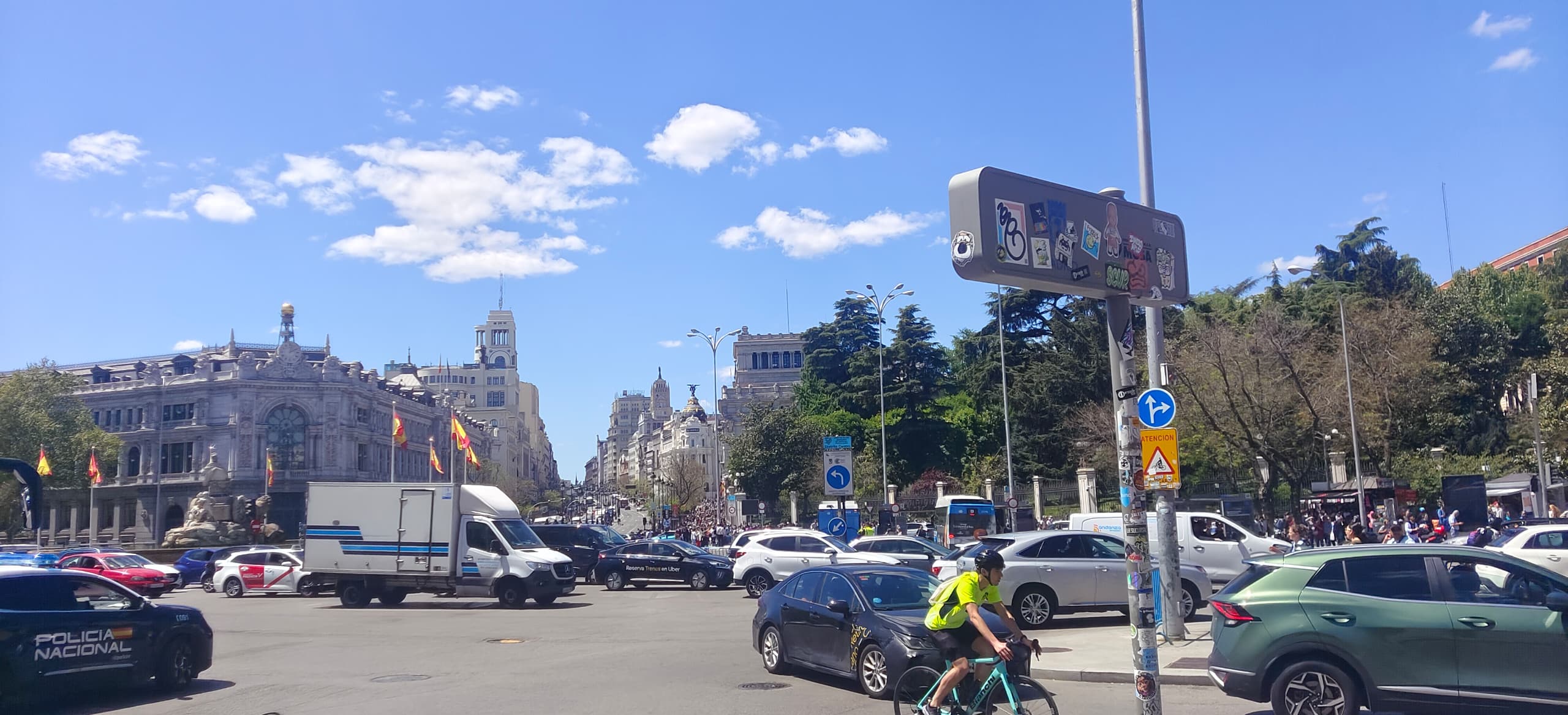April 28, 2025 — In a matter of minutes, cities across the Iberian Peninsula slowed to a halt: transport networks stalled, restaurants shuttered mid-service, and millions found themselves navigating an unfamiliar and disconcerting stillness. A widespread power outage swept across Spain, Portugal, Andorra, and parts of France, plunging large areas into darkness. Beginning around 12:30 PM, the blackout disrupted mobile data access, Wi-Fi networks, and traffic lights, forcing police officers to manually direct traffic. Beyond paralyzing daily life, the blackout also exposed the fragility of essential services, significantly increasing risks for vulnerable groups.

The primary cause of the outage was attributed to an unusual atmospheric phenomenon that triggered severe fluctuations in high-voltage transmission lines due to extreme temperature variations. These fluctuations destabilized the Iberian electricity grid, forcing an automatic disconnection from the European network as a protective measure to prevent broader damage. Authorities were quick to rule out cyberattacks or sabotage, although detailed investigations have been launched to fully determine the cause of the incident, according to sources.
The impact on transportation was immediate. Medium- and long-distance trains, commuter services, and metro lines in cities like Madrid and Lisbon came to a standstill. Urban tunnels, such as Madrid’s M-30, were closed, and traffic lights ceased functioning, causing chaos across major roads. Although emergency generators kicked in at airports, flight operations were suspended in Lisbon for over nine hours, leading to special authorizations for night flights to relieve stranded travelers.

Emergency services also faced significant challenges. Hospitals, nursing homes, and other critical centers switched to backup generators, but concerns grew over their limited operating time. Numerous reports emerged of people trapped in elevators, and ICU patients required urgent assistance. Interruptions in electronic payment systems sparked panic buying in supermarkets and long lines at ATMs.
As the hours passed, authorities began restoring power gradually across affected areas. Complete normalization is expected to take several days. The incident has highlighted the vulnerability of energy infrastructures to extreme natural events and underscored the urgent need to strengthen the resilience of electricity networks to ensure the continuity of essential services.
The blackout of April 28 stands as a stark reminder of the need to build stronger, more resilient energy systems capable of withstanding the unpredictable challenges of a changing environment.









